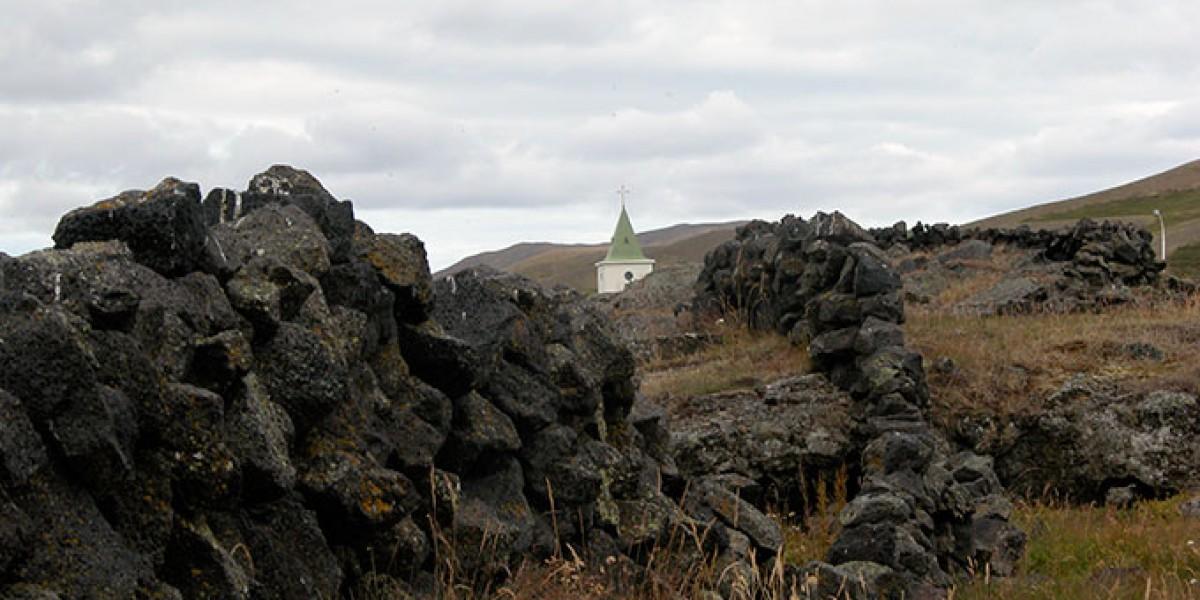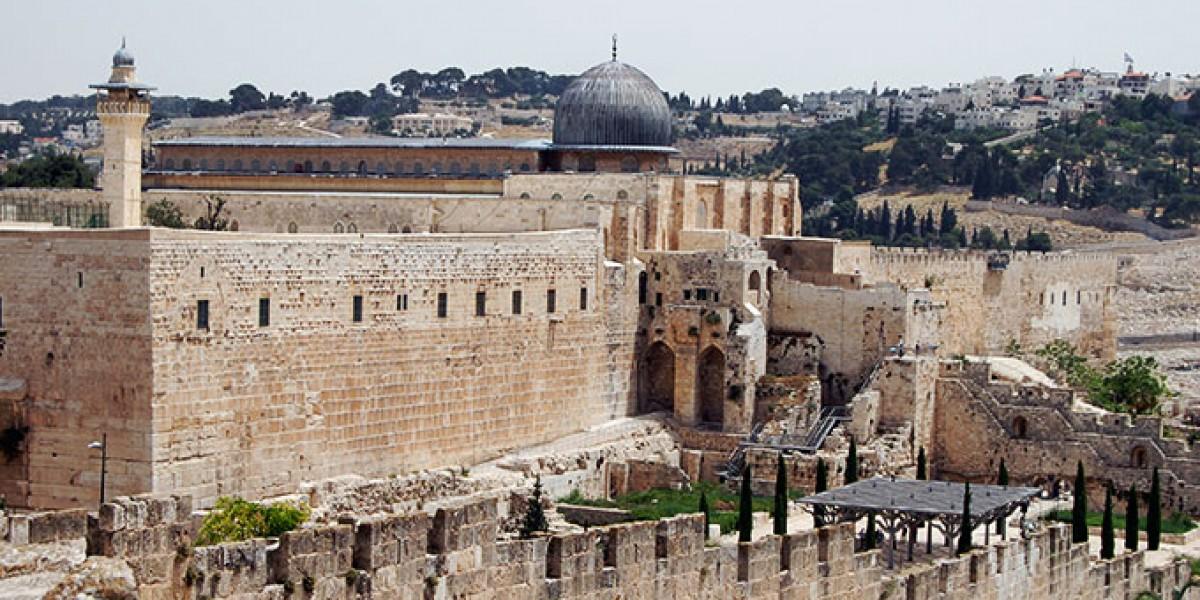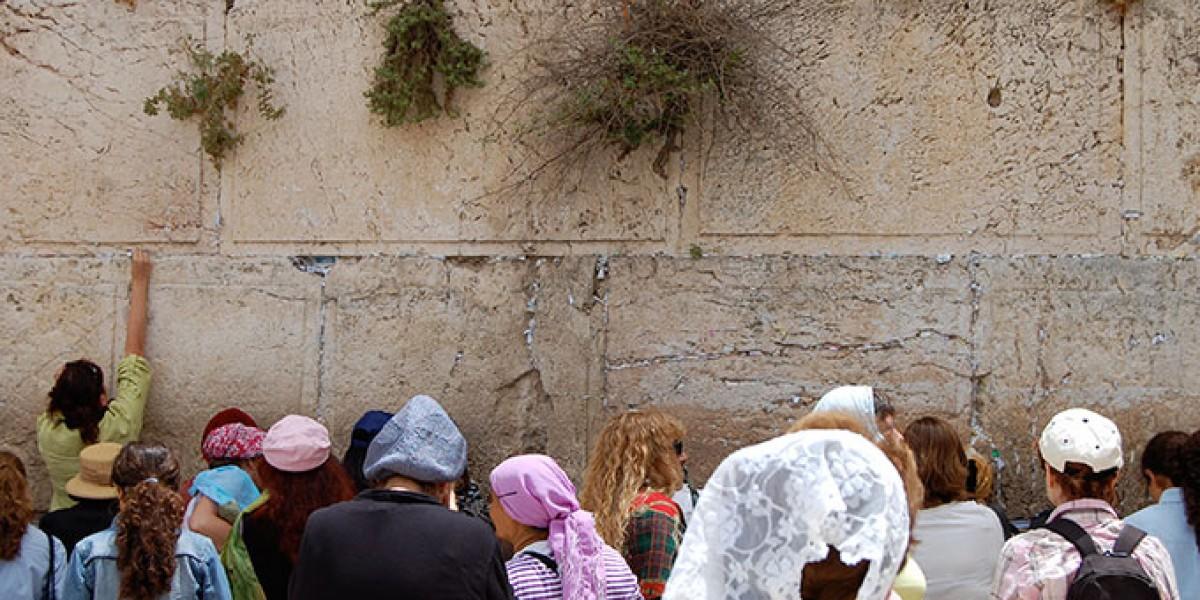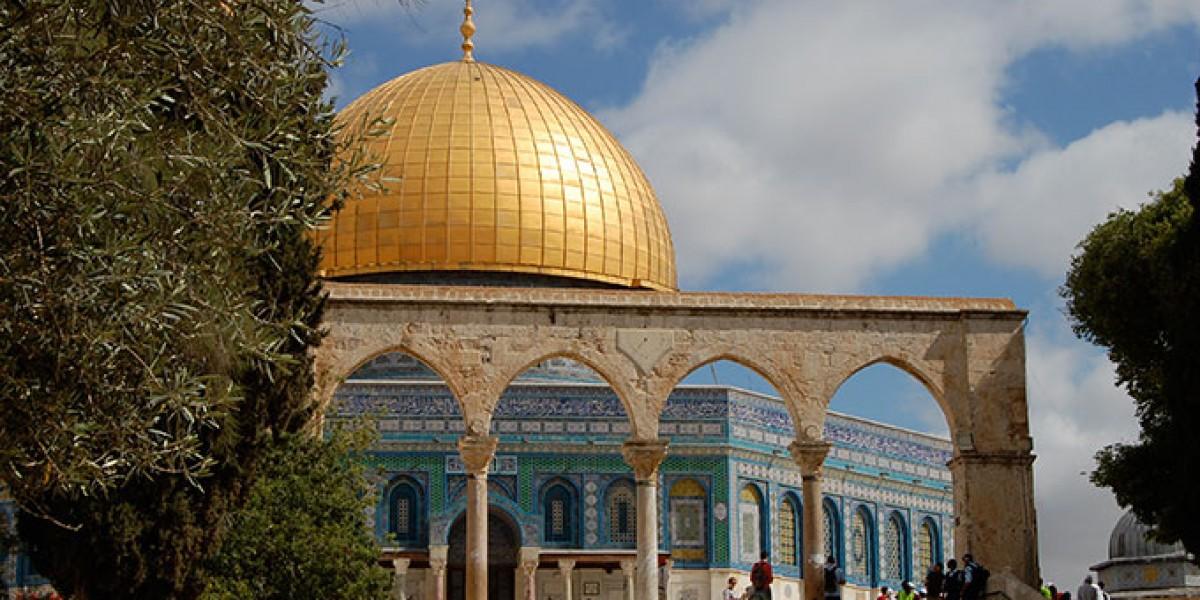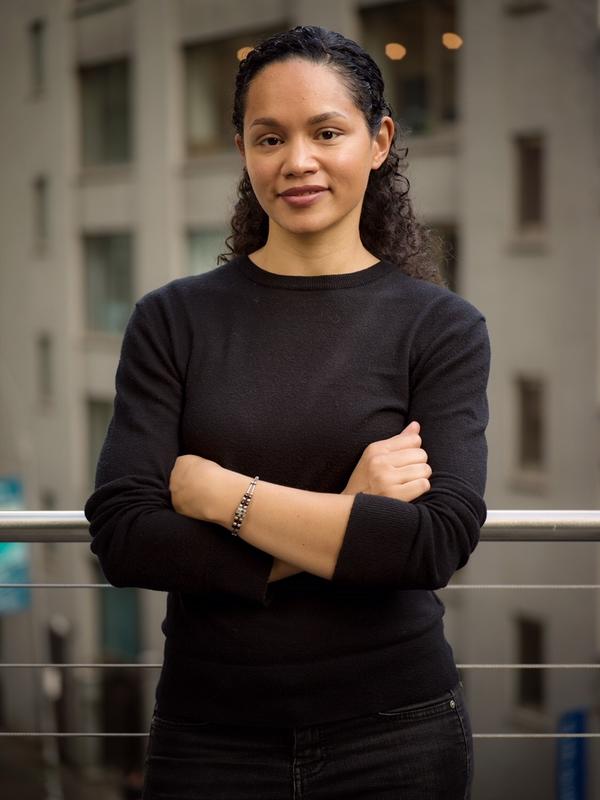Religion
As the twenty-first century unfolds,
religion plays a central role in virtually every aspect of human society around the globe. The Religion department's curriculum offers students the opportunity to explore the histories, texts, and practices of many of the world's religious communities and to consider both the profound ways in which religion has worked historically and how it continues to inform and affect the cultural, political, and ethical debates of the current moment. In addition, our classes invite students to reflect on the vexing theoretical questions that are generated by the category "religion" itself, an abstract category that has its own complicated history. The academic study of religion is self-consciously interdisciplinary, drawing upon the methods and insights of literary studies, historiography, social analysis, and cultural comparison. Moreover, the study of religion reminds us that religious identities demand sustained critical analysis, intersecting complexly as they do with race, class, gender, and ethnicity, among other categories of affiliation and identification. In its teaching, research projects, and public programming, the Religion department promotes engaged intellectual inquiry into the rich diversity of religious institutions, rituals, ideas, and communities both past and present.
Religion Department
Milbank 224
212.854.2597
Department Assistant: Anna Hotard
Department Statement on Race and Racism
There is perhaps nothing more central to the history of race and racism in the modern world than the diverse set of ideas, institutions and practices that are brought together under the name of “religion.” In truth, it is impossible to think about religion without already thinking about race. This is as true today as it ever was.
Religion has rightly been identified as a central actor in the history of racism (i.e. the Curse of Ham), as well as for its contribution to struggles against racism (i.e. “all men are brothers”). Religion and race have mediated each other globally, serving as instruments of conquest, colonization, and racialization (i.e. “carnal Israel”, 1492, and the Hindu caste system), grounds for emancipation (i.e. Exodus, abolitionism, Ethiopianism), providing shelters of sorts (i.e. the Black Church, Ambedkar’s Buddhism, and the Nation of Islam), and offering resources for nationalism (i.e. City on a Hill, Zionism, and Shinto). In the contemporary moment, race and religion have both also constituted categories of population management (i.e. the census in British India) and social identity (i.e. subject races, religious minorities, etc.).
Understanding race and racism requires thinking about religious difference on a global scale, and also demands engagement with the varying entanglements (and tensions) between anti-Semitism, caste, indigenous erasure, settler colonialism, white supremacy and anti-black racism. At the same time, any attempt to understand the intersections of race and religion at this particular moment must acknowledge both the specificity of the challenge put forward under the banner of Black Lives Matter in recent years and, accordingly, pioneering scholarship about the relationship between race and religion by Black intellectuals. Indeed, early empirical studies of black churches by W.E.B. Du Bois helped to set a course for the field. Zora Neale Hurston’s pioneering fieldwork in the American South and the Caribbean, Carter G. Woodson’s historical work, and sociological and literary studies by Benjamin Mays expanded the field during the 1920s and 1930s. Across the 1960s, 1970s, and 1980s, a growing number of scholars deepened the field in ways that continue to have significance. Theologians James Cone (working close to Columbia at Union Seminary) and Jacquelyn Grant, sociologist C. Eric Lincoln, historian of religion Charles Long, historian Albert Raboteau, and philosopher Cornel West each brought a keen racial analysis to their interpretations of race in the modern world; with each scholar’s claims varying as much as their different disciplinary orientations.
In answering Columbia University’s invitation to “Address Racism” within our department and intellectual work at large, we plan to investigate these complex intersections between race and religion at both global and local scales through departmental self-reflection, disciplinary assessments, and archival work focused on the history of racially-inflected studies of religion at Barnard – including many of those listed above. The Department of Religion is committed to pursue our work in understanding and teaching the entanglements of race and religion, to extend the conversation in more inclusive and diverse directions, and to do so in an environment where equality and diversity are priorities.
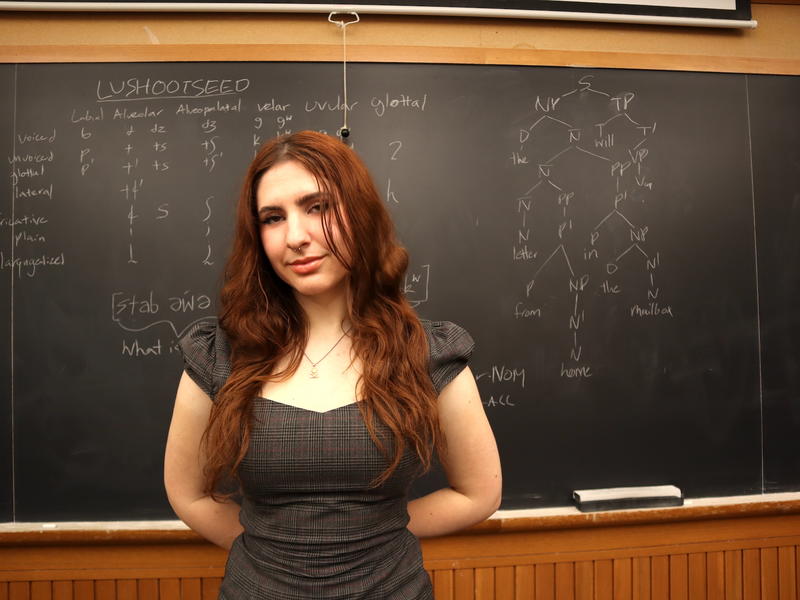
Eliana Steele ’26, a Laidlaw Scholar and linguistics major, researches language engineering — a method to restore Indigenous oral cultures, histories, and identity.

The anthropology major will travel to Ladakh, India, to draw on Buddhist environmental ethics in the fight against climate change.
